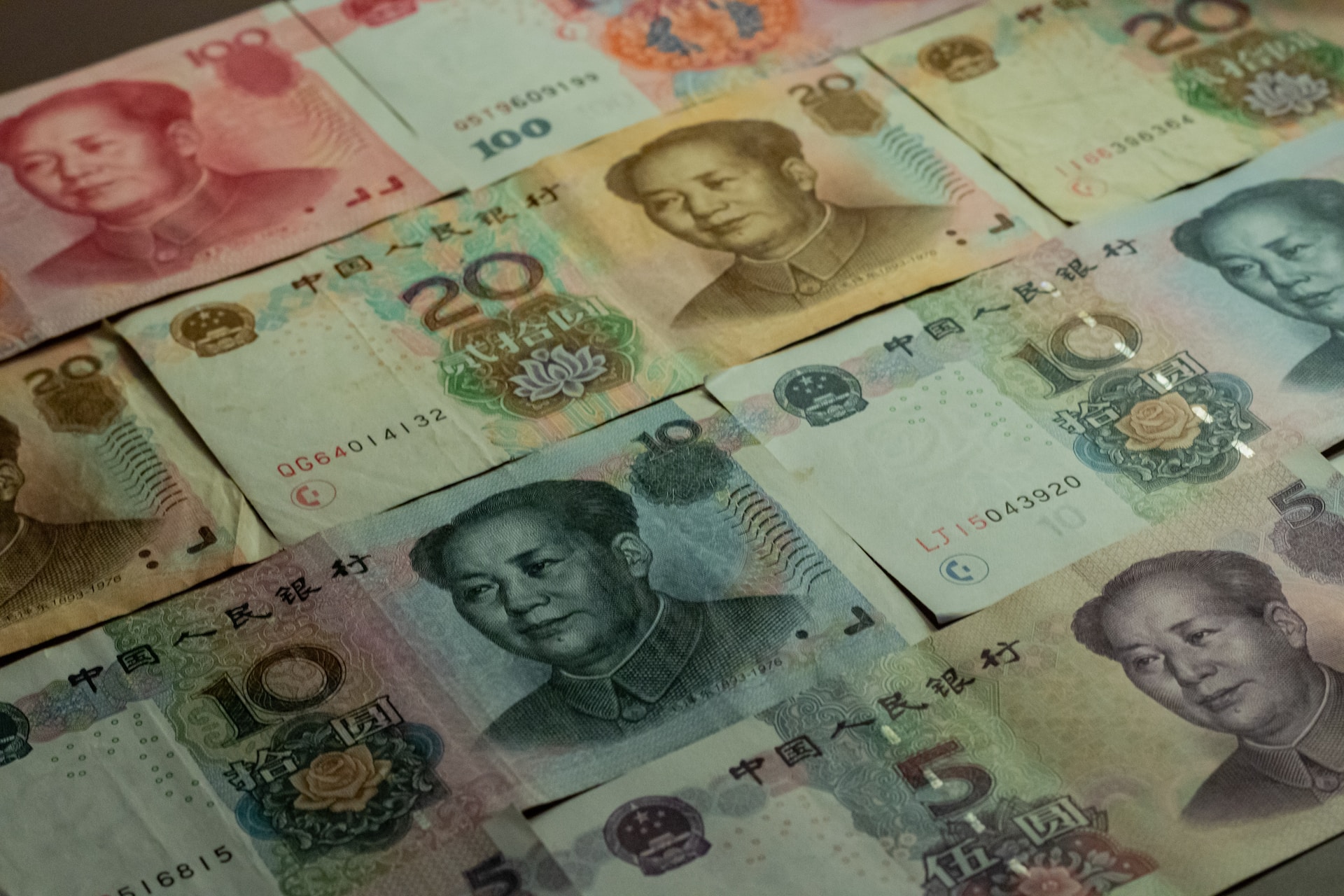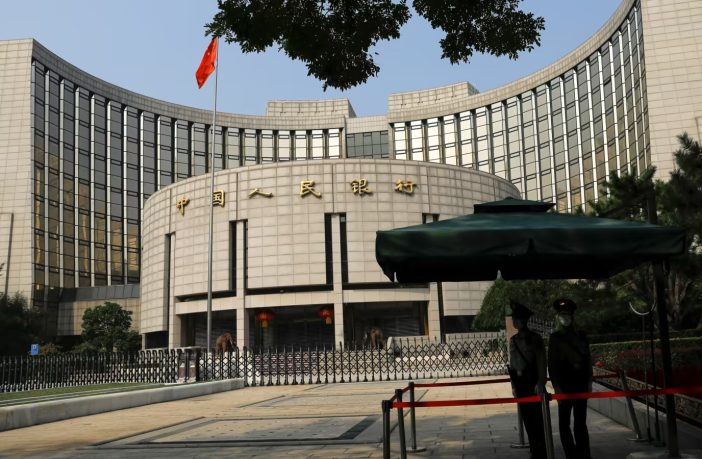China kept the prime rate on loans
The Central Bank of China held a regular meeting where the main points of monetary policy were discussed. The prime rate for annual loans remained unchanged – 3.65%. At the same level of 4.3% is the indicator for loans for 5 years.
It should be noted that the Chinese regulator has not revised rates for 6 meetings. However, some experts believe this figure will soon be reduced to accelerate economic growth. Analysts did not expect the revision of rates after the meeting, as previously the Central Bank has not changed the MLF rate, which is used for medium-term loans. The MLF stands at 2.75% per year. The instrument is considered crucial for the central bank. With its help, the Chinese regulator provides liquidity to the country’s commercial banking sector. In addition, the MLF is directly linked to the prime rate. The Central Bank reviewed the latter in August 2022. At that time, it was reduced by 5 bps. For five-year loans, the index was reduced by 15 bps.
At the end of 2022, the Chinese economy could have had better results. Its growth slowed to 3%. This rate is below the government’s initial target of 5.5%. It is also far below the rate of 2021 when the economy grew by 8.1%. Excluding the jump in the economy in the second half of 2020, last year’s result is considered the worst since 1976.

Chinese economy
The economic slowdown was most pronounced in the fourth quarter of 2022. During this period, China fully felt the effects of the strict COVID-19 austerity measures. The housing market crisis also exacerbated the situation.
At the end of December, the authorities decided to soften the coronavirus policy, which led to a sharp increase in the incidence of the disease. However, analysts believe that this moment only had a short-term impact on the economic slowdown. Nevertheless, 2023 remains an extremely difficult year for the country, as the fight against COVID-19 is still ongoing. In addition, the crisis in the residential real estate market remains a serious problem for China. The government is taking measures to address this, but there has been no tangible improvement so far.
The local economy is also negatively affected by the decline in global demand for Chinese exports. The economy is also affected by strained relations with Taiwan. Overall, analysts expect China’s economy to grow. By the end of 2023, it will be at 4.9%. The Central Bank’s revision of the prime rate, as well as the introduction of a number of measures to stimulate the market, will help improve this momentum.




